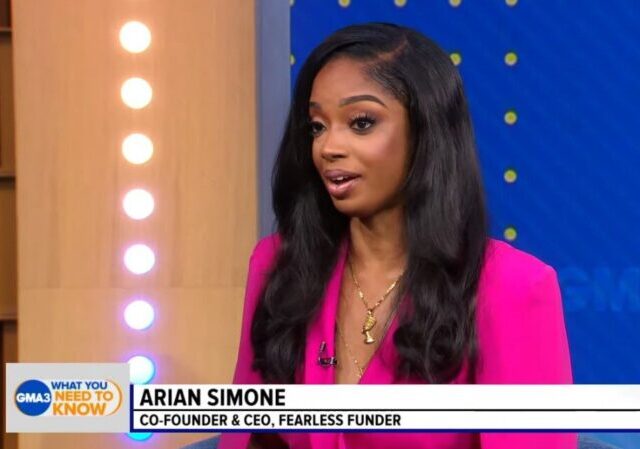by James Nault at legalinsurrection.com
We have been following an important case out of Georgia concerning a grant contest for small business that is only open to Black businesswomen. Our original post on the case concerned a federal trial-level court in Atlanta that issued a ruling that, if upheld, would eviscerate the entire legal regime of anti-discrimination laws, Georgia Federal Judge Rules Racially Discriminatory Contracting Is “Speech and Expression” Protected By 1st Amendment – Emergency Appeal Filed:
Affirmative Action sure does make strange alliances. In this case, a desire to defend a grant program open only to black women may bring down the entire anti-discrimination legal infrastructure that has been in place for over 150 years, if a District Court ruling that racially discriminatory contracting is “speech and expression” protected by the First Amendment is not reversed….
The absurd implications of the District Court Order are apparent. Can a building owner say that having a “whites only” bathroom is speech and expression entitled to First Amendment protection. You probably can think of dozens of other counter-examples.
The civil rights groups supporting the racially discriminatory grant program at issue and arguing that discriminatory contracting is speech do not appreciate the implications of this District Court Order being upheld. They are so angry at Ed Blum for winning the Harvard case that they would rather see the entire regime of anti-discrimination laws cast aside so long as Blum does not win again.Interestingly, the federal District Court rejected most of the arguments made by the Fearless Fund Defendants in the case. They (i) had argued that the organizational member Plaintiff had no standing because its members were anonymous, (ii) had argued that the racially discriminatory contest at issue was not a contract subject to 42 U.S.C. § 1981, the federal statute outlawing racial discrimination in contracting, and (iii) had argued that the racially discriminatory contest at issue was a valid affirmative action plan which is allowed in some very narrow circumstances. The federal District Court disagreed with all three arguments, but, as mentioned, held that the contest was okay because it constituted free speech protected by the First Amendment. You can review that Order here.

